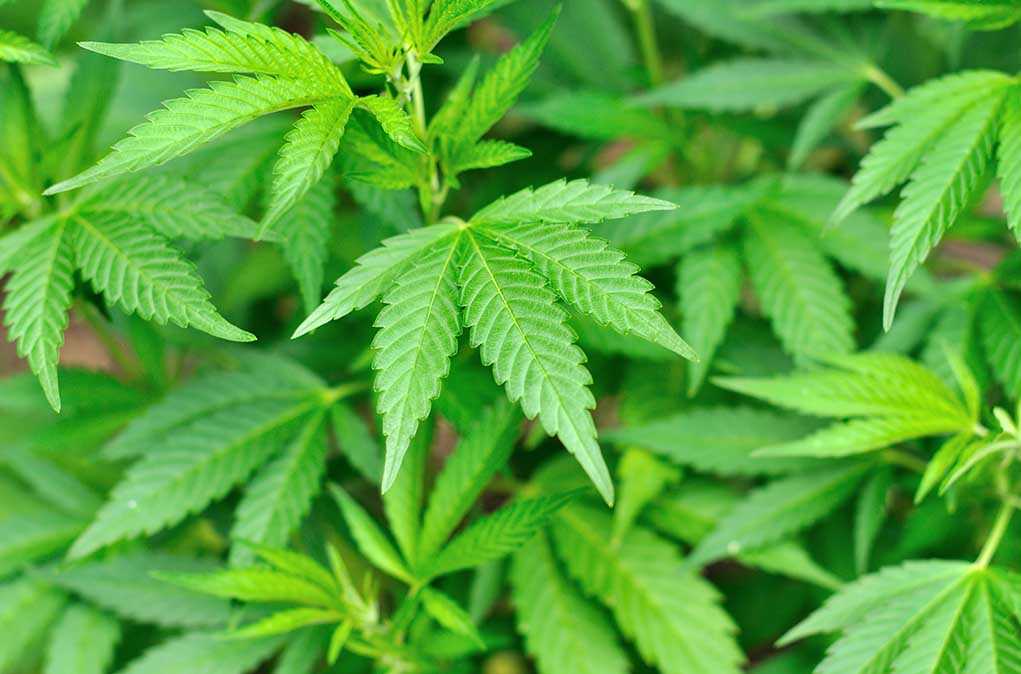
Americans face a new health crisis as a landmark study reveals that cannabis use may quadruple diabetes risk, challenging years of political narratives that downplayed the dangers of drug legalization.
Story Snapshot
- A study of over 4 million adults found cannabis users nearly four times more likely to develop diabetes than non-users.
- Findings upend previous claims about the metabolic safety of cannabis, raising urgent questions for public health and policy.
- Research relied on real-world health records from the US and Europe, with rigorous adjustment for confounding factors.
- Results spark debate amid ongoing legalization efforts and growing acceptance of cannabis in American society.
Largest-Ever Study Shows Strong Link Between Cannabis Use and Diabetes
Researchers analyzed electronic health records from more than 4 million adults across the United States and Europe, finding that individuals with cannabis-related diagnoses had nearly four times the risk of developing diabetes compared to those who abstained. The study, presented at the European Association for the Study of Diabetes Annual Meeting in September 2025, represents the largest investigation of its kind. By matching cannabis users with healthy controls and tracking health outcomes over five years, the research team controlled for multiple confounding factors, providing a robust and real-world assessment of cannabis’s metabolic impact.
Cannabis Use May Quadruple Diabetes Risk: A massive study of more than 4 million adults has revealed that cannabis use may nearly quadruple the risk of developing diabetes. Read it at Science Daily. https://t.co/MqwHmSSMea
— Aqurette (@Aqurette) September 15, 2025
These findings directly challenge earlier assumptions—promoted by some policymakers and advocacy groups—that cannabis is metabolically benign or even beneficial. Prior research produced mixed results, with some studies pointing to anti-inflammatory effects or improved weight management, while others raised concerns about insulin resistance and impaired glucose metabolism. Notably, earlier studies often relied on self-reported data or smaller sample sizes, limiting their reliability. The new study’s unprecedented scale and rigorous methodology have shifted the conversation, putting pressure on public health officials and lawmakers to revisit the risks of cannabis as legalization expands.
Implications for Public Health Policy and Conservative Values
This research lands at a critical moment for the United States. Despite warnings from conservatives about the dangers of normalizing drug use, left-leaning legislators pushed for widespread cannabis legalization under the banner of personal freedom, economic opportunity, and social justice. Now, with evidence mounting that cannabis may significantly increase chronic disease risk, Americans are left to question whether past policy decisions prioritized ideology over science and the well-being of families. The burden of diabetes—already a major cost driver in healthcare—could grow if lawmakers ignore this warning. Many conservatives argue that government has a duty to protect citizens, not promote substances that undermine health and increase taxpayer expense.
The study’s authors urge healthcare professionals to incorporate cannabis risk awareness into substance use counseling and to monitor metabolic health in patients with cannabis exposure. They also call for additional research into the mechanisms linking cannabis and diabetes, including the impact of various consumption methods. However, some industry advocates and researchers caution that association does not prove causation, emphasizing the need for further study before sweeping policy changes are enacted. Still, the scale and rigor of this study make its findings difficult to dismiss, and they demand a careful, constitutionally grounded response that respects individual liberty while safeguarding public health.
Debate Intensifies as Industry Faces Greater Scrutiny
The cannabis industry, which has enjoyed rapid growth and political support in recent years, now faces renewed scrutiny. Producers and advocacy groups are likely to push back, seeking to downplay these findings and protect market share. Public health agencies, meanwhile, are pressed to deliver clear, evidence-based guidance to citizens. The ultimate impact could include stricter regulations, updated warning labels, or even a rollback of legalization in some states. As with other public health crises, the challenge will be balancing individual freedom with the responsibility to prevent avoidable harm—an issue at the heart of American conservative values.
For families concerned about rising healthcare costs, government overreach, or erosion of traditional values, this study offers a timely reminder: policy decisions must be grounded in evidence, not ideology. As further research unfolds, lawmakers will be judged by their willingness to confront inconvenient truths and defend the health and liberty of the American people.
Sources:
Cannabis use may quadruple diabetes risk, massive study of over 4 million adults reveals
Marijuana Use and Diabetes Mellitus: A Review of the Evidence
Cannabis Use May Quadruple Diabetes Risk – News Summary
















